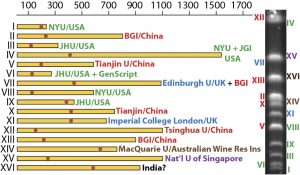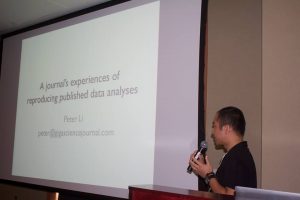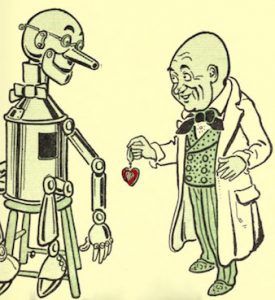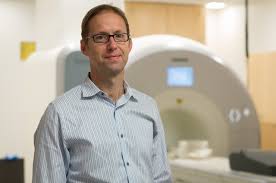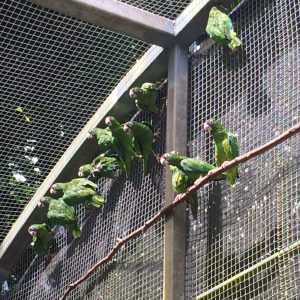
Tītitipounamu, Rifleman, female (left) and male (right) Our New Zealand based Commissioning Editor, Nicole Nogoy, was asked by Creative Commons Aotearoa (New Zealand) to write a guest blog on open licensing from a Kiwi perspective. Being big users and fans of their licenses we were happy to oblige.
